Apes. Together. Strong. Those three words, first spoken through sign language by Andy Serkis‘ Caesar in 2011’s surprise hit prequel Rise of the Planet of the Apes, have recurred over and over throughout the subsequent sequels. Yet they’ve also been indicative of the franchise’s improved fortunes, as the supposedly dead 70s film series gradually found new life through a trilogy of perfectly crafted, intelligent and entertaining action movies that put the titular primates front and centre like never before. A fourth instalment was always inevitable, even if 2017’s War for the Planet of the Apes served as a perfect endpoint for the series, but Kingdom of the Planet of the Apes swiftly makes the case that there’s more life in this series then one would suppose.

This fourth instalment in the rebooted franchise takes things back to basics, in as far as that the cast of characters are all new and the timeline has moved on considerably, but the emotional depth and moral complexity of the previous films is still present and correct. The modern world is all but gone, reclaimed by nature, and the intelligent apes are now the dominant species, living in clans and tribes scattered across America (and supposedly, the world). As the story begins, we join young chimpanzee Noa of the Eagle Clan (Owen Teague) just as his world is rocked when another clan of apes attack his village and carry away his friends and family. Setting out on a journey to rescue them, he soon encounters an Orangutan named Raka (Peter Macon) and strangely intelligent human called Nova (Freya Allan), who join him on his quest.
The film’s back-to-basics ‘start from scratch’ approach may feel like a step back to some, but the new setting and characters will almost instantly win those naysayers over. Josh Friedman‘s script feels fresh and is brimming with ideas, with some excellent world-building and heavy themes cropping up throughout the course of the movie’s 150 minute runtime. The film exudes intelligence throughout and throws some interesting concepts into the mix amidst all the action scenes, and whilst not all of them are given enough room to properly breathe, they still offer much more meat than your average blockbuster would. The idea of Caesar’s teachings being twisted over time and used to inspire terrible acts is a particularly standout idea, both clever and relevant, even if it is only touched upon in short bursts.
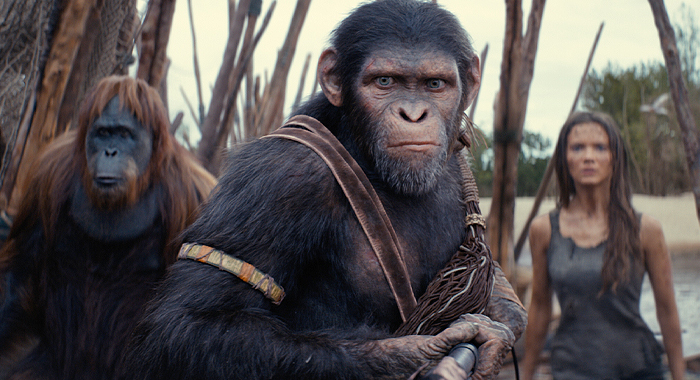
The film’s ultimate strength lies in its characterisation though, especially when it comes to the simian individuals who inhabit this post-apocalyptic world. Every Ape character is incredibly distinctive, both in a visual and empathetical sense, and are well realised through the combination of excellent mo-cap performances, highly detailed and textured visual effects and exquisite design, creating a set of characters that earn our sympathies almost instantly. The visual effects are a cut above those of other CGI heavy action franchises, but the film never uses them as a crutch, instead keeping the focus firmly on character and story over set-pieces and explosions.
That’s not to say there aren’t any of those (there’s tons), but Wes Ball‘s direction gets the balance right from the get-go, ultimately crafting a film that takes its time in a way that is never plodding or dull. There’s a lot of beats here that feel low-key but in Ball’s hands, they never feel surplus to requirements. When the film heats up and the action kicks in, it’s exhilarating to watch, thanks to masterful choreography and camerawork. The cherry on top is the gorgeous apocalyptic imagery that pervades across the course of the film, as Ball finds flashes of beauty in a savage world, slapping those images up onscreen and framing them in a manner that is both arresting and breathtaking.

It’s not without some stumbles. Kevin Durand cuts an imposing figure as the film’s lead bad guy Proximus Caesar, but compared to previous Apes antagonists like Dawn’s Koba, there’s not much depth below the surface, which sadly results in a rather one-note villain. Other key characters are introduced and dispatched in too quick succession without any development, and there’s a severe lack of threat or tension for much of the film’s final act. But regardless of these issues, the film remains just as engrossing and entertaining as its predecessors.
Kingdom of the Planet of the Apes may feel like a step back on first glance, but give it time and it soon proves its worth, thanks to some compelling characters and interesting ideas. Visually impressive, emotionally engaging and fiercely intelligent, Kingdom is another feather in the cap for this long-running series, and points towards an exciting future for the inhabitants of the ape home-world.
Apes. Together. Still going strong.



![Raging Bull 4K UHD review: Dir. Martin Scorsese [Criterion Collection]](https://criticalpopcorn.com/wp-content/uploads/2024/05/d4a8e62a-057d-4cfd-b37b-43f6a5032bb5.__cr00970600_pt0_sx970_v1___.jpg?w=970)
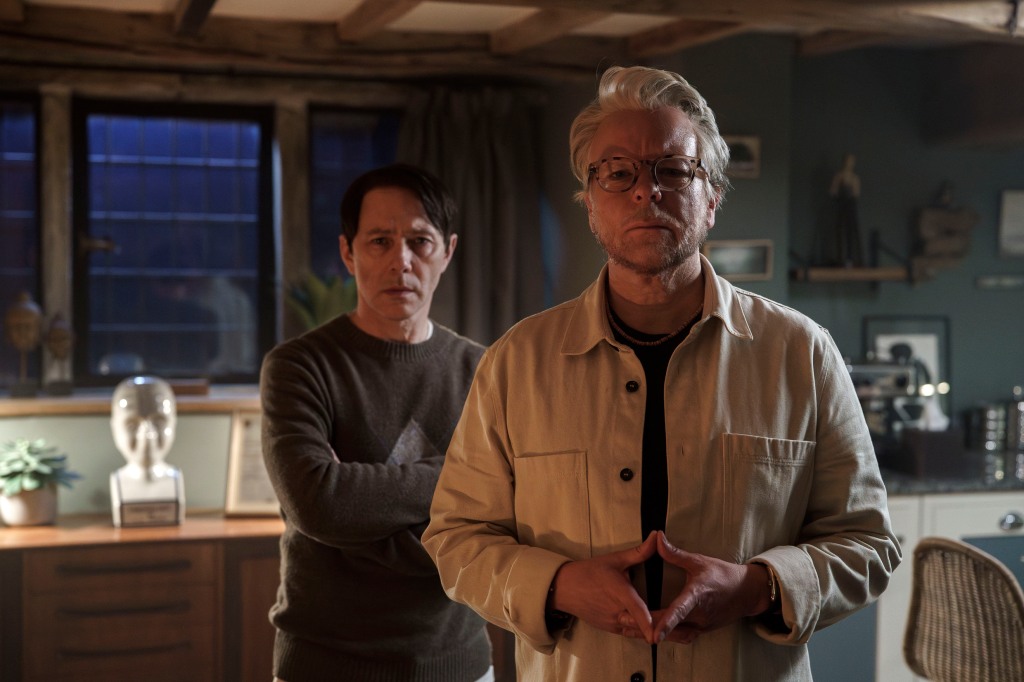



![The Cat And The Canary Blu-ray review: Dir. Paul Leni [Masters Of Cinema]](https://criticalpopcorn.com/wp-content/uploads/2024/04/image-5.png?w=1024)
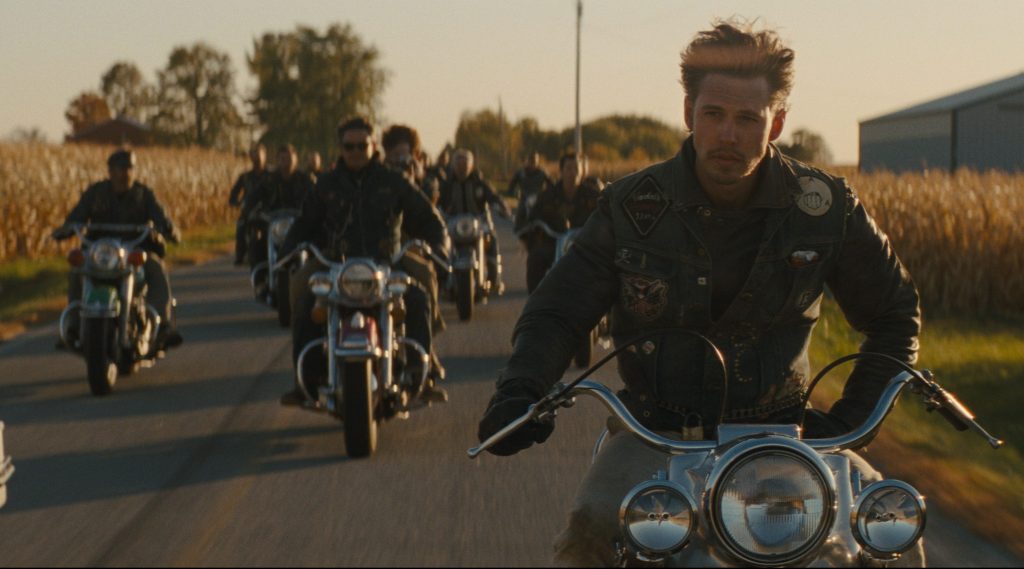
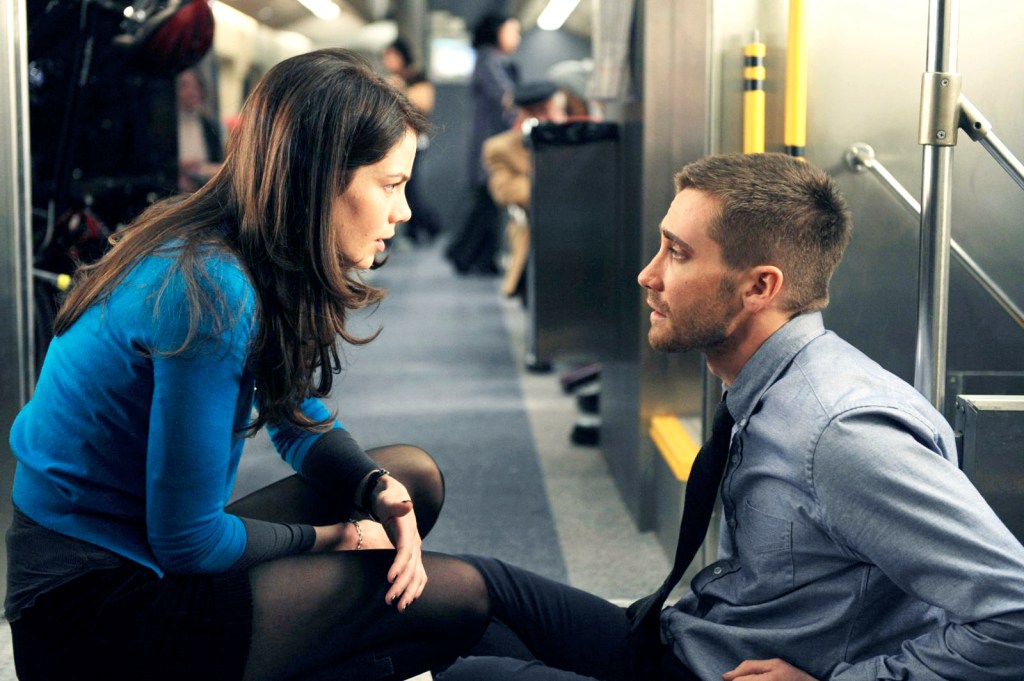


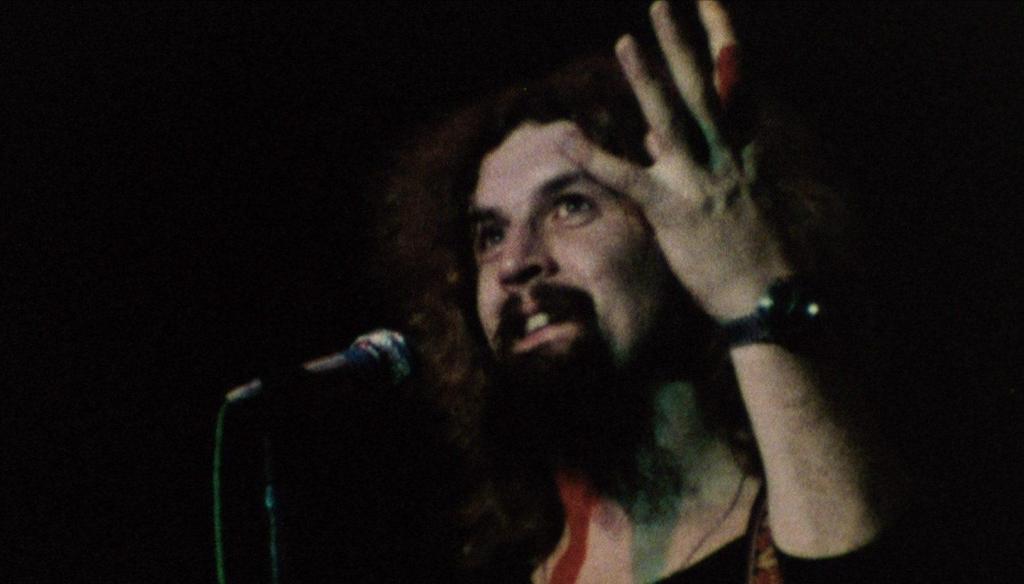
Post your thoughts